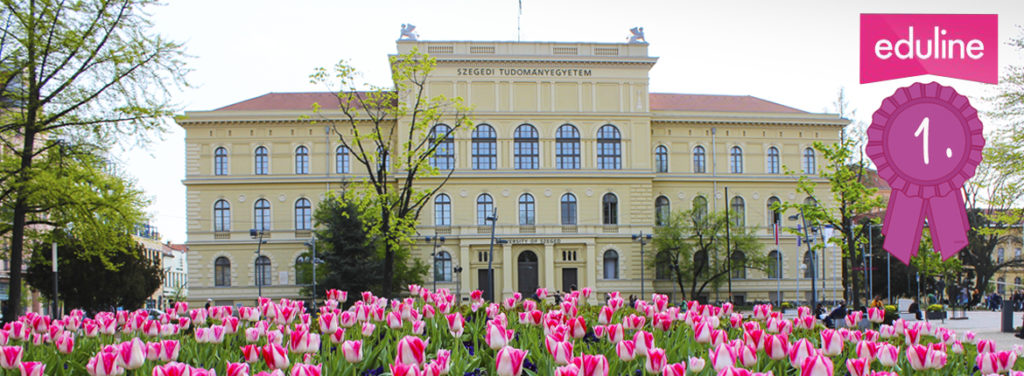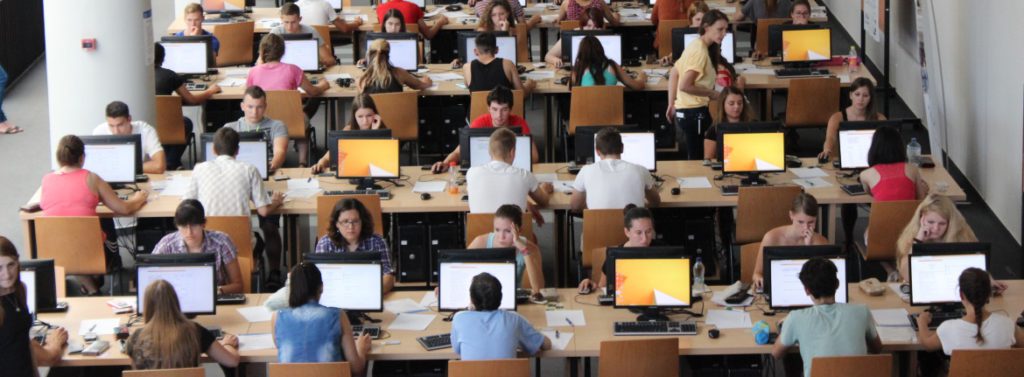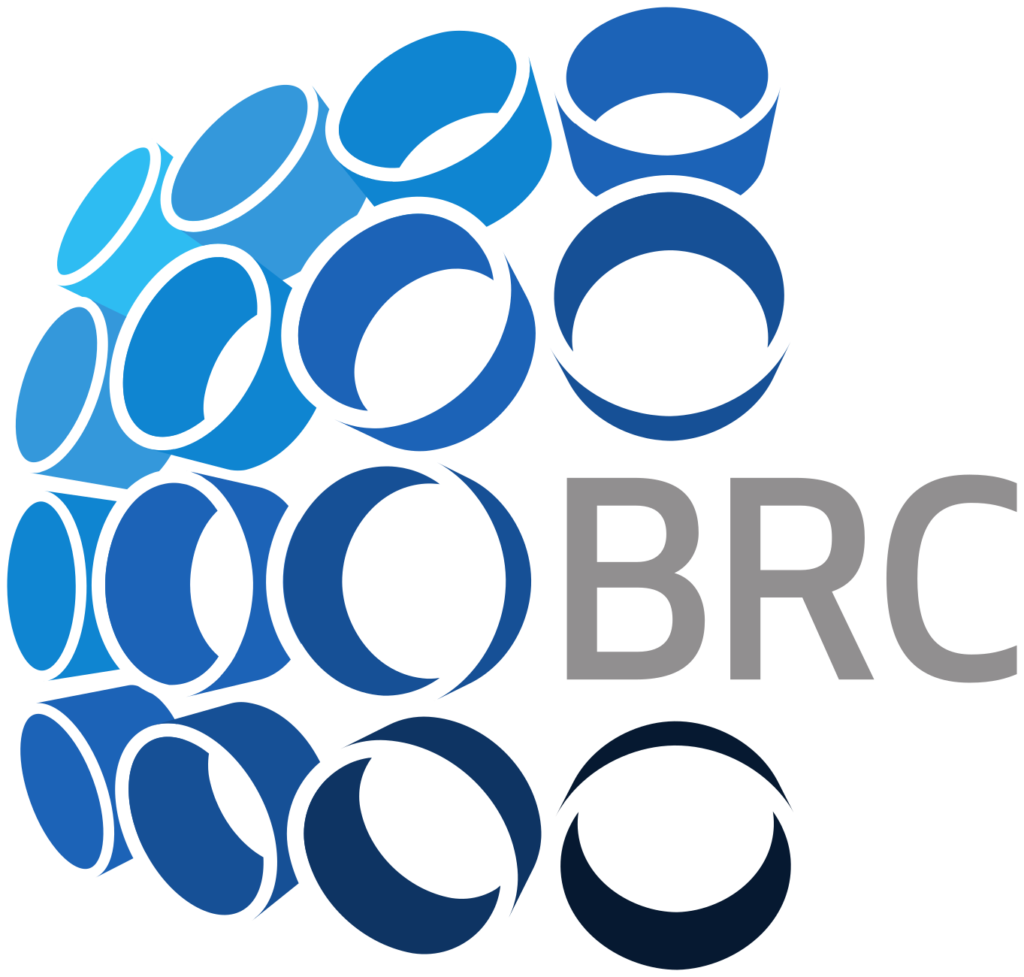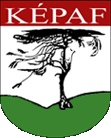Contents
- 1 Training School TS6 for Early Career Investigators
Training School TS6 for Early Career Investigators
University of Szeged, Institute of Informatics
The Institute of Informatics was established in 1990 as part of the Faculty of Science and Informatics at the University of Szeged. Its main task is to teach modern computer science and information technology and to take part in innovative and research-and-development projects. The Institute offers BSc, MSc and teacher training programs and also provides basic education of informatics at several other programs of the Faculty of Science and Informatics at the University of Szeged.
Students have the chance to travel, work or do research abroad, to study one or two semesters at foreign universities, and are also welcome to join the research projects going on at the Institute.
MSc graduates interested in research can join one of the many exciting research projects of our PhD School of Informatics, established in 2002.
Besides performing educational tasks, the Institute implements research-and-development and innovative projects with institutional and industrial partners.
The Institute publishes an English language journal, Acta Cybernetica (https://www.inf.u-szeged.hu/kutatas/acta-cybernetica), which is an important forum and output of research activity and PhD training.
https://www.inf.u-szeged.hu/en
Hotels & Local Transport
For participants of TS6 rooms have been pre-booked in Hotels Tisza and Art (more information on the Symposium page). Both hotels are reasonably priced and close to the venue. When students learn about the selection results (Nov 15th), they should contact the hotel of choice directly, mention code “NEUBIAS2018” and confirm reservation dates and billing information (check page above for details about payment process and deadlines).
Hotel Tisza and Hotel Art are both within walking distance (10 minutes and 4 minutes) from the Training Schools’ venue. From Hotel Tisza you can also take the tram (line 1 or 2; 1.5€) for two stops to the TS venue (from Széchenyi tér to Aradi vértanúk tere). Hotel prices are really cheap and there is also the possibility of sharing rooms if you need to save on your stay (please ask TS6 organizers).








